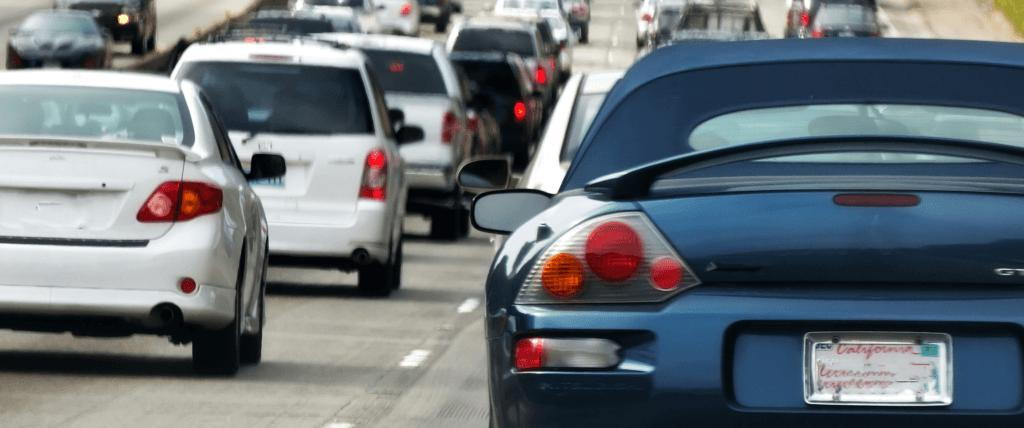- posted: Aug. 03, 2017
 In order for a police officer to stop a vehicle, he has to have a reason for it or probable cause. There always has to be something that draws the officer’s attention. The driver can be weaving on the road, or it can be something like a light on the car that is out. Once the vehicle is stopped, the officer begins to make further observations as he investigates.
In order for a police officer to stop a vehicle, he has to have a reason for it or probable cause. There always has to be something that draws the officer’s attention. The driver can be weaving on the road, or it can be something like a light on the car that is out. Once the vehicle is stopped, the officer begins to make further observations as he investigates.
Many times, the officer will see that the driver is fumbling for his license, smells of alcohol and has bloodshot eyes. If he observes this, he has the basis to require the driver to take a field test. This will entail several movements and procedures which will essentially show whether there is a loss of balance and coordination. If the driver fails the field test, he will be taken to headquarters and administered an Alcotest. The readings on the Alcotest are used to prove intoxication. Very frequently police cars have video cameras recording actions of the police and the person pulled over.
In each step, the driver has constitutional rights which are protected. If these rights are violated, the attorney should move to suppress the evidence. An officer cannot stop a car for no reason, or because the driver is a woman or a minority. It has to be related to proper driving and road safety. Young men who are out driving late at night or at the early morning hours are more likely to be stopped, not because of their age, but because there are fewer cars out and the officer sees something wrong.
In the event of an accident where a driver is injured, the officers can direct hospital staff to take a blood sample without a warrant. There are constitutional protections about warrantless searches. A warrantless search usually meets constitutional standards because time delays connected to an investigation of an accident jeopardized the dissipating blood alcohol level. New Jersey case law allows for a warrantless blood draw as long as there is probable cause to believe the driver is intoxicated.
Helfand & Associates handles Family Law in NY and NJ, Bankruptcy, Municipal Court defense including but not limited to DWI, shoplifting, speeding tickets, and domestic violence matters. We have a consultation. Tanya Helfand is a Certified Matrimonial Attorney and mediator. Jacqueline Pivawer has also been practicing for 25 years and was an assistant prosecutor for the city of Newark. The firm welcomes your questions and inquiries at [email protected]. Everything is confidential. This article is not legal advice.
- Alimony (15)
- Bankruptcy (4)
- Business (3)
- Child Support (10)
- Children (19)
- Citizenship (1)
- Civil Litigation (3)
- Collections (2)
- Court Orders (3)
- Court Procedure (4)
- Court Rules (6)
- Credit Cards (2)
- Custody (12)
- Debt (5)
- Debt Collection (2)
- Divorce (67)
- DUI (3)
- DWI (3)
- Expungement (1)
- Family Law (38)
- Fathers Rights (2)
- Guardian (3)
- Judgments (1)
- Lawsuit (1)
- Litigation (2)
- Personal Representative (1)
- School (1)
- Special Needs Trust (1)
- Taxes (3)
- Trust (1)
- Worker's Compensation (3)


